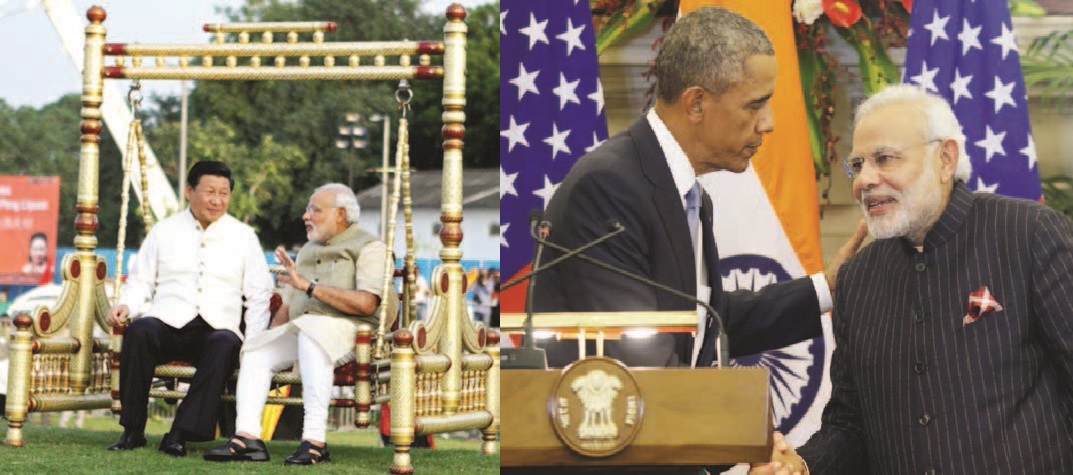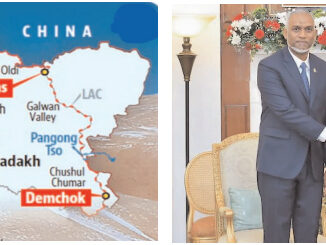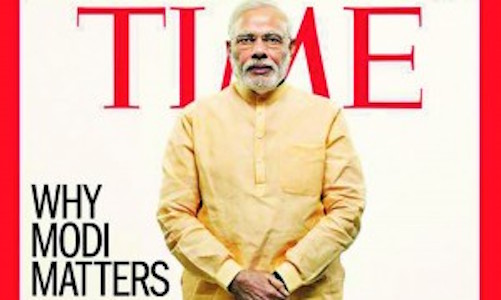
What might have been dismissed as an impossibility just five years ago is now a reality. Defying skeptics and critics, five countries that between them account for 40 per cent of the world’s population and 20 per cent of its GDP have signed an agreement to create a development bank to provide financial assistance to developing countries and emerging market economies, mainly for infrastructure projects. As its name implies, the agreement for the New Development Bank, signed by Brazil, Russia, India, China and South Africa at their sixth BRICS summit in Brazil, signals the start of a new global financial order that aims to be more inclusive than the Western-focused International Monetary Fund and the World Bank.
The $100 billion bank will have an initial subscribed capital of $50 billion. The five members managed to iron out their differences to agree on an equal share for each in the bank, so no one member dominates the institution. India and South Africa both wanted to host the headquarters. The eventual decision to locate it in Shanghai was an acknowledgement that China’s is the biggest economy in the grouping. The Bank will also have an African Regional Centre in South Africa and India will assume the first presidency of the bank.
First mooted at the fourth BRICS summit in New Delhi in 2012, the Bank will certainly have an impact on the existing arrangements put in place by the Bretton Woods institutions, and will give more say to smaller countries. But BRICS also appears to recognize that the NDB cannot replace the IMF, the World Bank or the regional development banks. Thus, the Fortaleza Declaration describes the NDB as a “supplement to the efforts of multilateral and regional financial institutions for global development.”
A second financial instrument, the Contingency Reserve Arrangement of $100 billion, has been set up to help developing economies tide over “short-term liquidity pressures, promote further BRICS cooperation, strengthen the global financial safety net and complement existing international arrangements.” In its sixth year, BRICS has a new confidence, and it was more than apparent at the summit. The only world grouping that is not region, security or trade-based, its members have come together with the determination to create a more multilateral global order.
China and Russia have backed the other three BRICS members on the issue of UN reform and Security Council expansion. But the grouping needs to find a stronger political voice. The Declaration came in the midst of the bombardment, even if under grave provocation, of Gaza by Israel, but it is silent on this while calling for Israel and Palestine to resume negotiations towards a two-state solution.





Be the first to comment